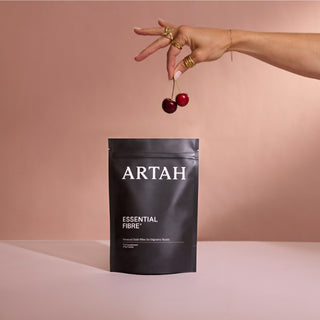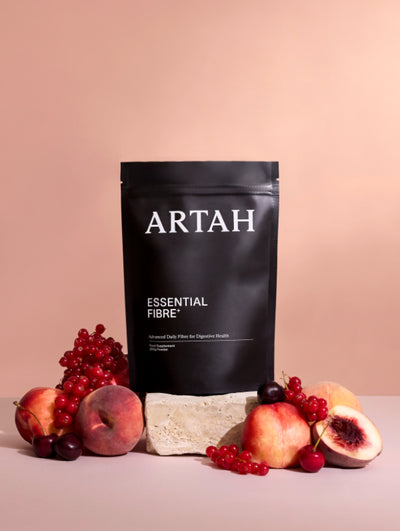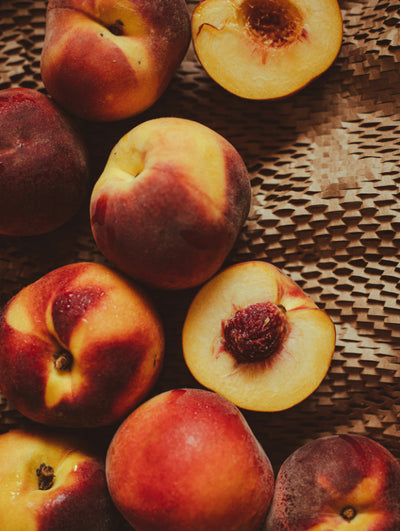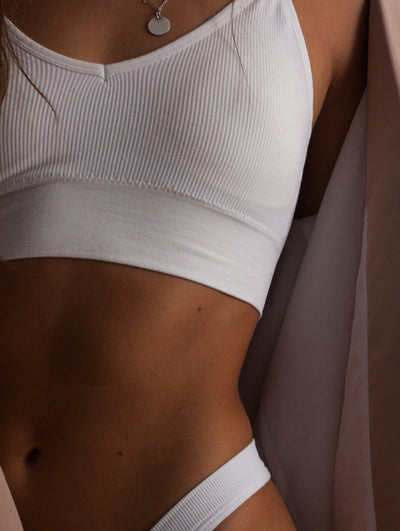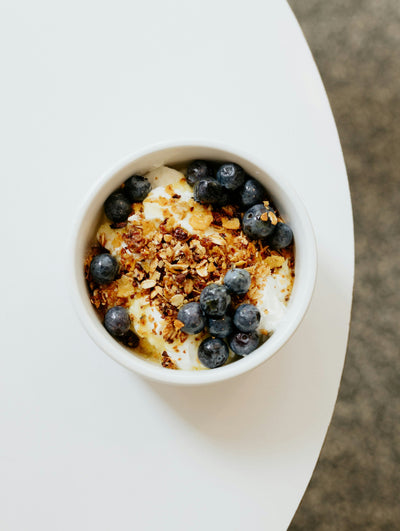Navigating different time zones, long travel days, new food, disrupted sleep patterns, an erratic exercise schedule (if any at all), and usually more alcohol than usual...... Sound relaxing? When you put it like that, it’s no wonder that sometimes it feels like we need a vacation to recover from, well, our vacation.
Whilst the goal is to return to real life feeling renewed, relaxed, and ready to go, it’s not uncommon to be hit with exhaustion and overwhelm within weeks of returning from even the best of holidays. Enter your post-vacation recovery strategy. From easy wins to pro hacks, we’ve compiled our favourite ways to make the transition from holiday to home a little smoother this year.
Schedule a grocery delivery for the day you get back.
Let’s start with the simple stuff. What you eat when you get back can set you up for the week ahead, and there's nothing worse than returning from a long travel day to a house with an empty fridge. Prepping for a healthy start to your return can make all of the difference, so try to plan a grocery delivery to arrive the day you return to help you feel on track and organised. If this doesn’t work timing wise, we also love doing a little meal prep in the weeks before and popping it in the freezer for a quick and easy post-flight meal.
Plan a vacation-esque activity for the week you return.
Surprisingly, there have been actual studies on how to keep the restful benefits of a vacation lasting for as long as possible. And it turns out, one of the most effective ways to do this is to schedule a holiday-like experience within the first week of returning. A study in the Journal of Organizational Behavior showed that doing this helped delay the fade-out of beneficial effects of holidays, prolonged post-vacation stress relief, and supported an improvement in work-related productivity. (1) Whether it’s booking a massage, having a leisurely picnic in the park, booking a night away, or something simple as a tech free weekend of relaxation with your go-to feel good film, this simple strategy can help you feel better for longer.
Fly back on Saturday instead of Sunday.
Whilst this can sometimes feel like a big trade-off in terms of holiday time, as work and family demands become more intense, having a day to recalibrate and get organised can make all the difference in the world.
Use IF for the long-hauls.
Research into the regulation of circadian rhythms of has resulted in the popular trend of using food timing to help combat jet lag. The bottom line is this: when food is plentiful, the main regulator of circadian rhythms is the light-dark cycle. But researchers have shown that when food is scarce, animals will shift most of their circadian rhythms to match food availability. In this instance, the food-centric body clock takes priority over the light-centric body clock, which means that food is a powerful driver of sleep cycles. (2) Whilst trials testing this theory in humans are lacking, fasting during flights has become a popular tool to help preserve energy, combat a dysregulated body clock and support the gut – an environment which has its own circadian rhythm and is sensitive to the changes in our sleep wake cycle. Another benefit of this is, of course, the avoidance of in-flight meals, which are notoriously high in sodium, refined oils, additives, flavourings and added sugar. Try a 16 hour fast, timing your first meal on your return day with the las hour of your fast. So, if you're flying overnight, you would aim to avoid eating pre and during flight for a period of 16 hours, breaking your fast once you arrive home.
Be strategic with your food.
Manipulating food timing isn’t the only way to support post-holiday energy; when fasting isn’t your vibe, you can take a more strategic approach to nutrition instead. First, try to be measured. It’s important not to go too overboard when it comes to food – a drastic increase in sugar, alcohol, rich food and refined carbohydrate intake can leave us feeling bloated and tired before we even return. Instead of throwing your usual routine by the wayside, choose your indulgences so that they really count and continue with at least half of your healthy habits whilst away. Avoid reverting to the dessert buffet and breadbasket as a default, and only go for the indulgences that you’ll really enjoy. Whilst it may sound counterintuitive, buckle down on this for the few days before you return – your digestive system needs a break too, so giving yourself a few days of pure R+R (alongside food your gut will love) can make all the difference. Upon returning, try to focus on high protein and fibre breakfasts, lots of phytonutrients from plant foods, and the avoidance of ultraprocessed foods.
Support the gut.
If your gut isn’t happy before we go on holiday, it’s unlikely to be happy once flights, time changes, and different foods are layered in. But, regardless of whether we leave for our vacation with perfect gut health or not, proactively supporting the microbiome whilst away can help combat side effects from flying and a different food environment. These are our holiday go-tos:
- Digest + Debloat: this blend of digestive bitters can be taken before or after a meal for quick relief when it’s all a bit too much.
- GI Fix: we love this because of the 3 Ps – prebiotic, probiotic, and prokinetic. This supports microbial balance whilst Triphala and Ginger keep things regular.

DISCLAIMER
Disclaimer: The information presented in this article is for educational purposes only and is not intended to diagnose, prevent, or treat any medical or psychological conditions. The information is not intended as medical advice, nor should it replace the advice from a doctor or qualified healthcare professional. Please do not stop, adjust, or modify your dose of any prescribed medications without the direct supervision of your healthcare practitioner.
References:
- Jana Kuhnel. How long do you benefit from vacation? A closer look at the fade-out of vacation effects. Journal of Organizational Behaviour, 32(2011).
- Fuller PM, Lu J, Saper CB. Differential rescue of light- and food-entrainable circadian rhythms. Science. 2008 May 23;320(5879):1074-7. doi: 10.1126/science.1153277. PMID: 18497298; PMCID: PMC3489954.









































